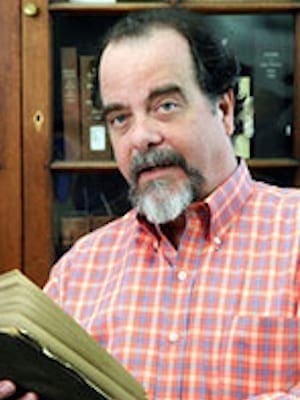The opening lines of President Bush’s address set a somber tone for the speech. The reality and the rhetoric of war were the constant themes of the speech as Bush moved from the foreign to domestic fronts of the continuing struggle against terrorism.
For good reasons Bush’s approval ratings are high. Since Sept. 11, he has grown into his presidency and chased away almost all doubts many harbored about his leadership ability. When he addressed Congress in the wake of the attacks, Bush was more focused and articulate than ever before.
The focus and clarity of communication has endured over the last four months. None can doubt his resolve to use the power of the presidency to fight terrorism at home and abroad.
The rhetoric of war in the State of the Union Address was troubling, however. Using phrases laced with “freedom” and “justice,” Bush laid the foundations for an expanded war against terrorism. But the rhetoric sounded more like throwing down the gauntlet to North Korea, Iran, and especially Iraq, and less like prior promises to root out terrorists wherever they might hide.
When the bombing of Afghanistan, began Bush clarified that the United States was not declaring war on Afghanistan, but rather on those who were promoting terror from Afghan bases. Such clarity was absent last night.
Careful listeners should wonder if Bush and his advisors will seek to advance the war on terrorism into the murky waters of international aggression. Let us hope not.
From a domestic perspective, the repeated use of the language of freedom is equally troubling. Bush boasted that he was preparing a budget with the highest defense spending in 20 years. He acknowledged that his budget would include a deficit. “What ever it costs to defend [our country] we will pay,” he added.
On the heels of his claim to foot the bill for defense, Bush sketched his ideas for “Homeland Security.” Critics of Bush’s plan for security will come at the price of reduced freedoms—whether it be freedoms to hold property and other assets, freedoms to move about unmolested, or freedoms to public trials.
Curious by its absence was any attempt to address the legitimate concerns many have had about the high cost of security: the loss of liberty.
Without question, Bush has earned the Office of the President in recent months. Now we will see if he respects what it means to be a free people in a time of crisis.
Richard F. Wilson is professor of theology, and chair of the Roberts Department of Christianity at Mercer University.

